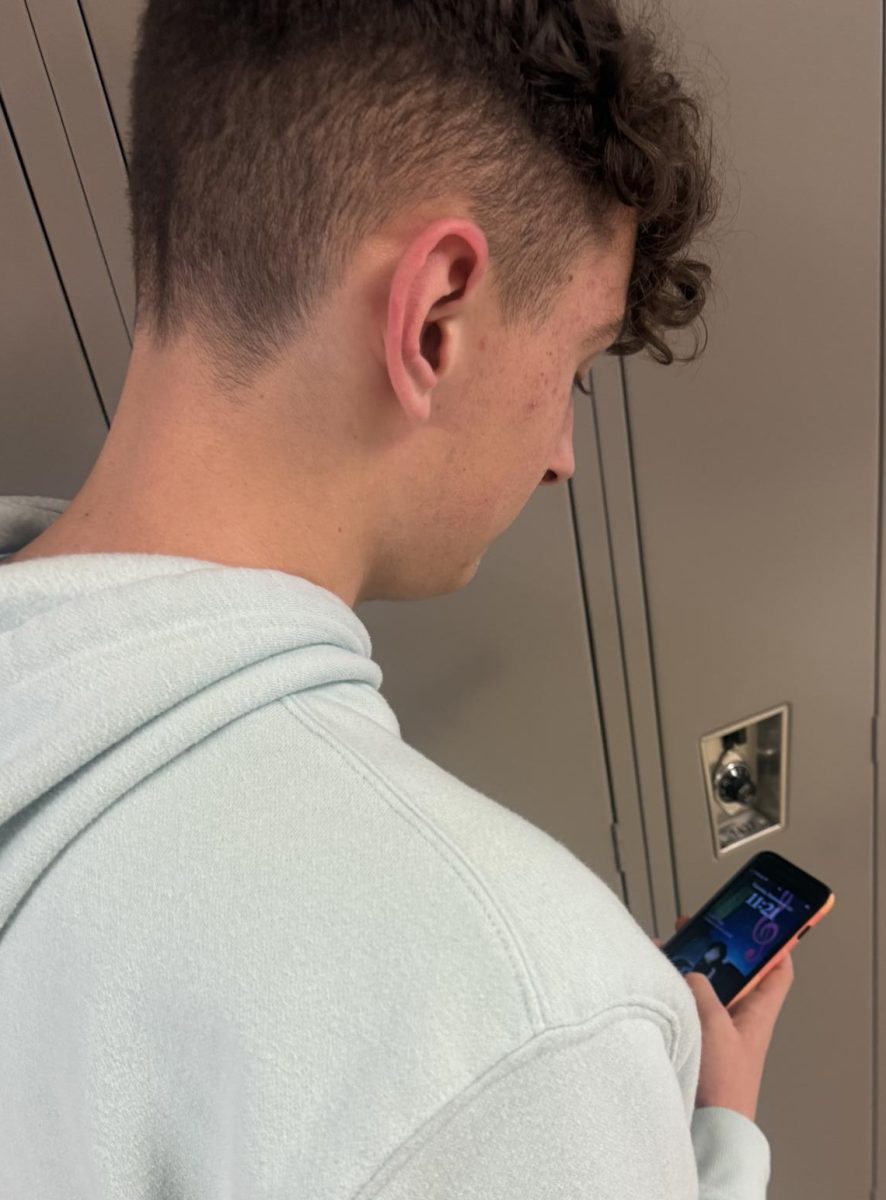OPINION BY EMILY THOMPSON
Many students across the country get an insufficient amount of sleep each night. This inadequate amount of sleep is associated with a various number of things students deal with such as sports, school work, and responsibilities at home. Because of the physical and mental toll a lack of sleep can take on the teenage mind and body, schools across the country are starting to adjust their start times to a later time, in an effort to make up for the sleep deprivation many students are experiencing.
Allie Nixon, a junior at Wadsworth High School, is a member of the Varsity Basketball cheer squad, participates in a challenging course load, and has a job. Nixon said she spends about 20 hours a week either at cheer practice or at games. She spends ten hours a week, sometimes more, on homework and between six to ten hours working at Panera Bread.
“I go to bed at 11:00pm. each night, wake up at 6:00am, so I would say I get about seven hours of sleep every night,” said Nixon.
Many students are frustrated that teachers and school board members do not understand how much work students have to each night after sports events or practices.
“Kids get home from sports events late,” said Nixon. “I get home around 9:00 from home basketball games and most nights I have a lot of homework so I don’t go to bed until 11:00 or 11:30.”
Nixon stated that schools do not understand that students get home from sports games or practices late and have a large amount of homework to finish which prolongs them going to sleep.

Olivia Porpora, 12, is a member of the WHS Swim team. She and many of her teammates lack the appropriate amount of sleep a teen needs every night due to the demanding schedule swim has. Photo Courtesy of Kaitlyn Setera
I believe that all students would benefit from having a later start time. However, some might say having an extra hour in the morning might influence students to stay up later than they are now.
“I wouldn’t like it because then you would get home even later than before and start your homework even later,” Nixon said.
An even better option that some school districts have considered and some have even implemented is switching the start times of elementary schools with the middle and high schools. Studies have shown this is the better option because teens go to sleep later and wake up later than younger children.
PubMed Central or PMC did a study on 38 cases where schools delayed start times to see how it affected students average sleep, grades, and overall behavior. The case studies all found that the delay in start time increased the amount of sleep which directly corresponded to improved attendance, less tardiness, less falling asleep in class, better grades, and fewer motor vehicle crashes.
At some point our school district and many other across the country are going to need to confront this issue for the health and well being of all students.




































